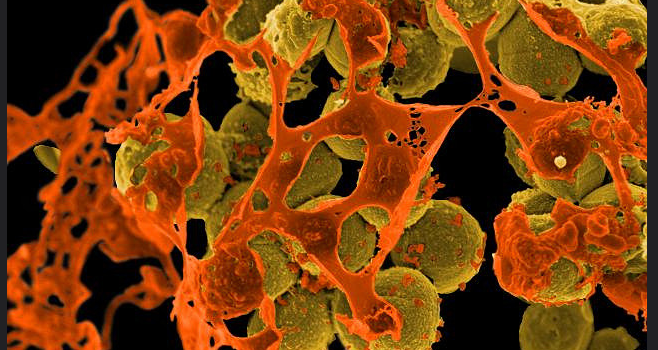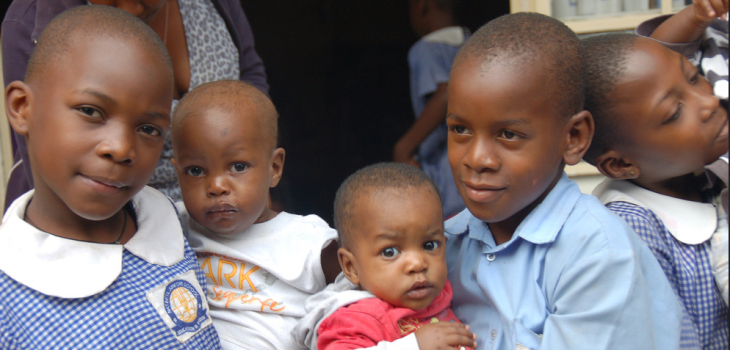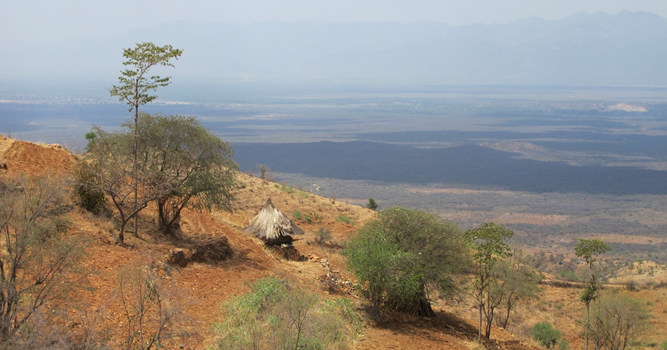Happy New Year to all of our readers, authors, reviewers, editorial board members and health policy and planning community!
In 2016 we achieved some exciting developments at Health Policy and Planning and so in this blog, we take a look back at the previous year with our top 10 highlights…




















